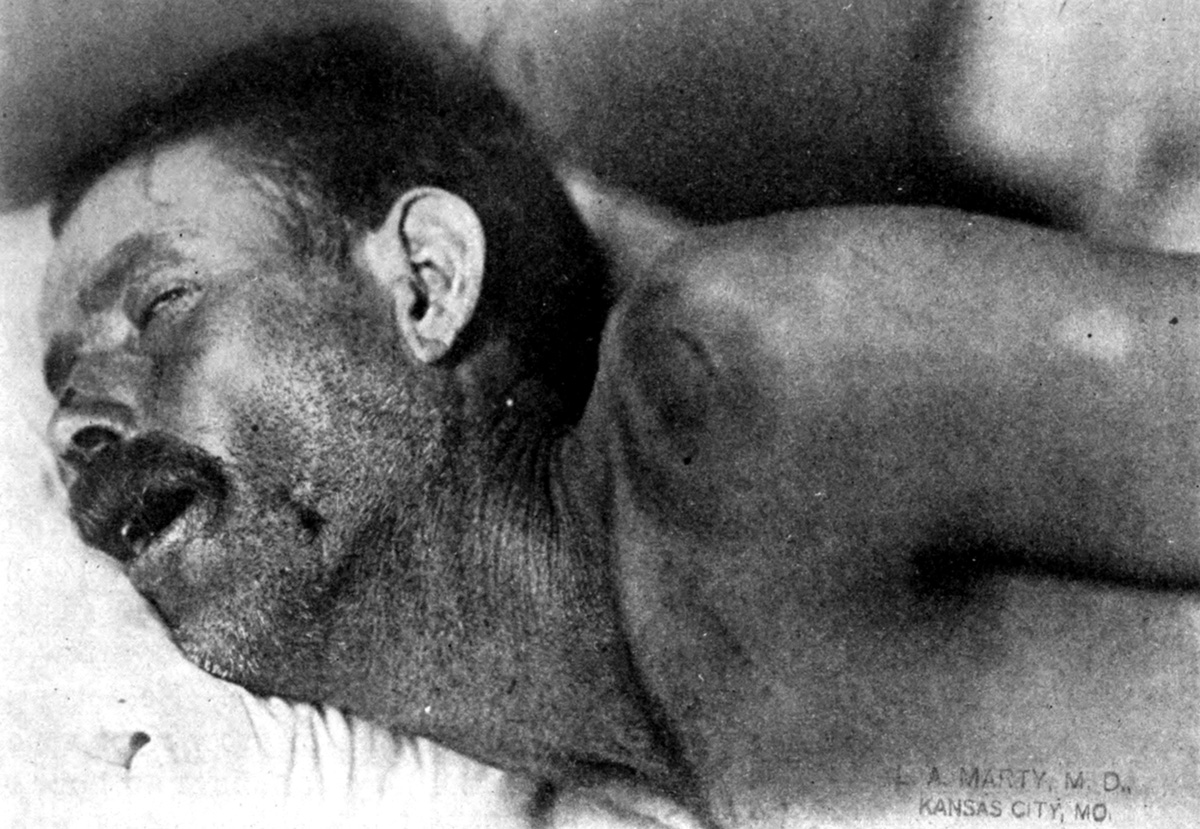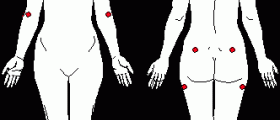
An individual suffering from stiff-person syndrome, or, SPS, is one experiencing sudden muscle stiffness triggered by several different factors. Namely, one's trunk and limbs are likely to turn stiff due to exposure to certain stimuli such as lights, sounds, emotions etc. People with SPS are likely to be more or less physically disabled during their fits, due to the condition their muscles are in during the onset of the stiffness making them hunched and quite immobile. Due to its manifestation, SPS is many times misdiagnosed, thought to be Parkinson's disease, fibromyalgia, anxiety, some kind of a phobia etc. However, this disease is specific since it is caused by an excessive concentration of antibodies called glutamic acid decarboxylase in the blood. Too much of these antibodies interfere with some neurotransmitters in our brain, causing all the symptoms of SPS.
Upon Visiting the Doctor
In order to rule out all the other physical or neurological illnesses, the doctor, upon establishing a proper diagnosis, will test the patient, examining his/her stiffness and the reasons behind its onset. This is necessary to be done since blood tests on their own are hardly enough to be sure of SPS completely. Therefore, the troubled person has their arms, spine and legs examined once the stiffness occurs.
Then, the patient's blood is tested for the increased amount of the above mentioned antibodies. If the GAD levels in one's blood are too low, there might be a chance of diabetes. However, if these concentration numbers are too high, SPS is likely to be a possible cause behind all the muscle stiffness.
Once the doctor is more or less certain that a person is suffering from SPS, an electromyography test is done, monitoring motor functions and the activity of the motor part of our muscles. No genetic tests are conducted during the diagnosis of this condition, since this illness is not hereditary nor is it connected to genetics of a person.
How is SPS Treated?
The therapy for SPS is usually quite detailed, involving a behavioral therapy, pharmacological treatment, immune-modulating therapy and patient as well as staff education. There are specific medications which deal with the stiffness of the muscles and the sudden stiffness. Thus, these are given to the patient. In fact, if the person with SPS is not treated, the spasms and stiffness may become so painful that the person may lose the battle with this condition. The best way to treat this illness is to keep its symptoms at bay. Since there are no other means of successfully treating SPS, these methods, when applied carefully, can offer one a relatively safe and painless life.















-And-Multiple-Sclerosis-Differences-And-Similarities_f_280x120.jpg)

Your thoughts on this
Loading...